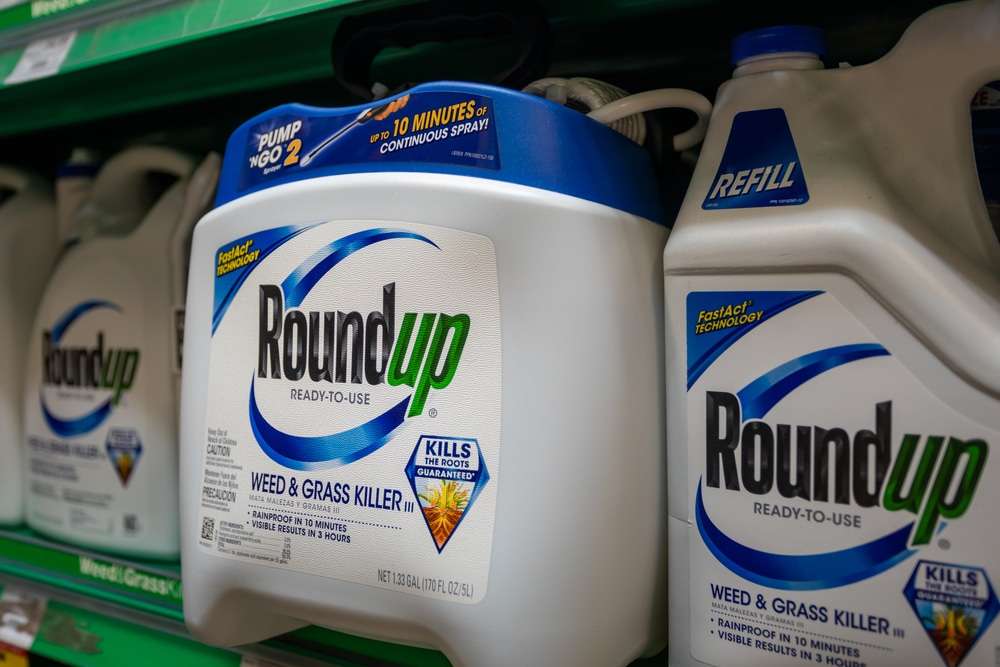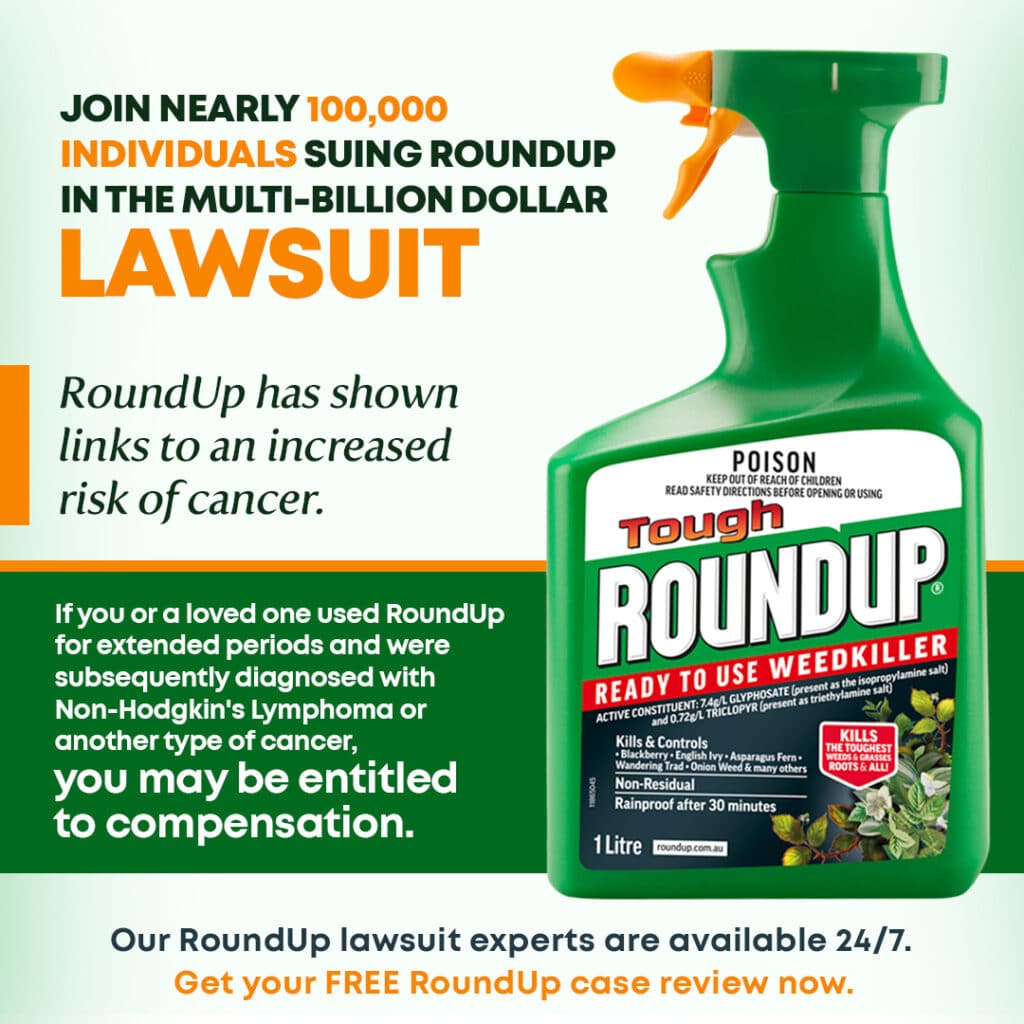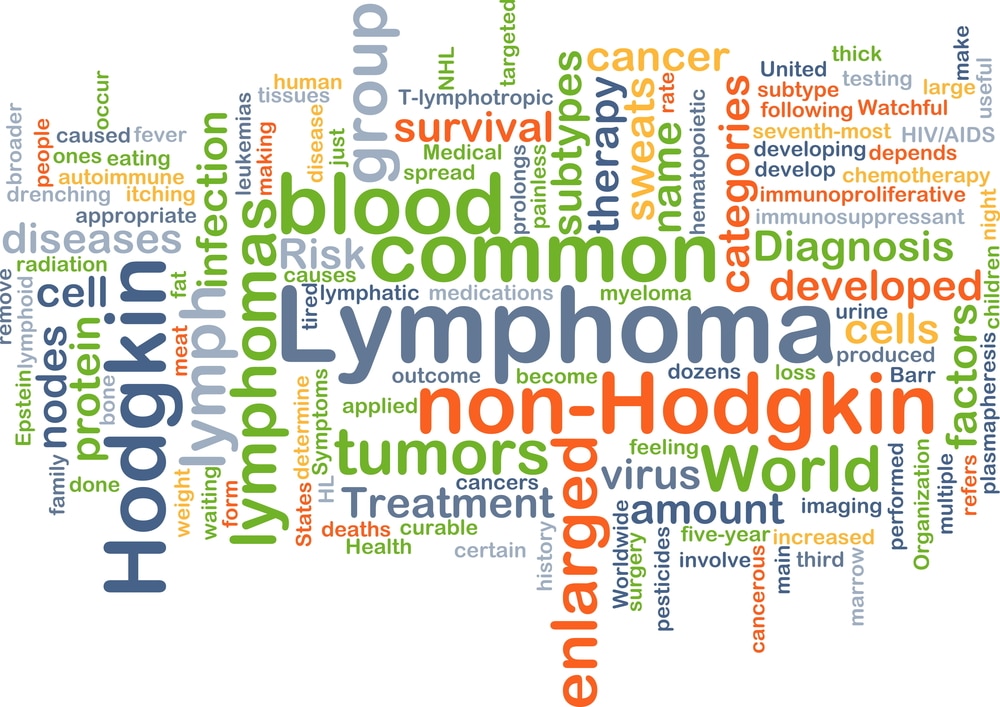One of the most well-known herbicides and pesticides on the market is Roundup. This product has been in the market since the early 1970s and has been sold all over the world. On February 1, 2016, when the first Roundup lawsuit was filed in the U.S. District Court for the Northern District of California against Monsanto for their Roundup pesticide. This lawsuit made the public aware of the dangers of glyphosate-based herbicide and how its prevalent use by residents in their lawncare has been linked to non-Hodgkin’s lymphoma.
Since then, Roundup lawsuits have gained momentum as regular people who wanted to keep their lawns and gardens in shape have developed a severe and devastating cancer from a well-known product brand from a seemingly reputable company. After all, Roundup has been in the market for decades and is carried by distinguished retailers worldwide.
What is Roundup Herbicide?
Roundup is the brand name of a popular herbicide sold worldwide whose main active ingredient is glyphosate. This herbicide was initially produced by Monsanto and was acquired by Bayer in 2018. Roundup herbicide products used to be sold around the globe before severe allegations, including lawsuits and complaints, eventually led to the product being banned in some countries.
Are There Any Other Monsanto Produced Herbicides Included in the Roundup Lawsuit?
Although lawsuits against Monsanto and Bayer are widely known as Roundup lawsuits, it is essential to note that the herbicides listed in the lawsuit were not limited to their Roundup branded products. Instead, nineteen (19) Monsanto-produced glyphosate-based herbicides are included in the lawsuits.

The exact name of the Monsanto products listed in the Roundup lawsuits are as follows:
- Roundup® Ready-to-Use Weed & Grass Killer
- Roundup® Ready-to-Use Weed & Grass Killer Plus
- Roundup® Weed & Grass Killer Concentrate Plus
- Roundup® Weed & Grass Killer Super Concentrate
- Roundup® Ready-to-Use Poison Ivy Plus Tough Brush Killer
- Roundup® Ready-to-Use Wild Blackberry Plus Vine and Brush Killer
- Roundup® Concentrate Poison Ivy Plus Tough Brush Killer
- Roundup® Concentrate Wild Blackberry Plus Vine and Brush Killer
- Roundup® Ready-to-Use Extended Control Weed & Grass Killer Plus Weed Preventer
- Roundup® Concentrate Extended Control Weed & Grass Killer Plus Weed Preventer
- Roundup® Ready-to-Use Max Control 365
- Roundup® Concentrate Max Control 365
- Roundup® Weed & Grass Killer Sure Shot Foam
- Roundup® Precision Gel Weed & Grass Killer
- Roundup® Pro Concentrate
- HDX® Weed & Grass Killer Ready-to-Use
- HDX® Weed & Grass Killer Concentrate
- Ace® Ready-to-Use Weed & Grass Killer
- Ace® Weed & Grass Killer Concentrate
These weed and grass killer chemical products list glyphosate as its active ingredient, which has been linked to causing non-Hodgkin’s lymphoma in humans exposed to this herbicide.
Given the overwhelming lawsuits regarding the devastating damages caused by glyphosate-based herbicides to its users, Monsanto-Bayer announced in 2021 that it would end the sale of its toxic herbicides in the residential lawn and garden market in the United States in 2023.
What Were The Lawsuits Filed Against Monsanto and Bayer Regarding Their Glyphosate-Based Herbicide Products?
Two prominent lawsuits were filed against Monsanto and Bayer surrounding Roundup and other herbicide products, specifically regarding its glyphosate ingredient. The lawsuits against Monsanto and Bayer include false and misleading advertising of their Roundup products and a product liability suit regarding their Roundup products.

The overwhelming number of individual and civil cases against Monsanto and Bayer are product liability lawsuits regarding their herbicide products. These lawsuits allege that humans exposed to the herbicide have caused them to develop non-Hodgkin’s lymphoma.
Multiple lawsuits were filed against Monsanto and Bayer for falsely advertising Roundup products. These cases include the New York attorney general filings, a class action lawsuit, and a case filed in France by environmental and consumer rights campaigners.
In 1996, the New York attorney general accused Monsanto of false and misleading advertising of their glyphosate-based products, mainly Roundup goods. At the time, Monsanto made statements claiming their Roundup products were “safer than table salt,” “practically non-toxic,” “environmentally friendly,” and “biodegradable.” Ultimately, the parties settled the lawsuit where Monsanto agreed to modify their marketing campaign to exclude these statements but did not admit wrongdoing.
In 2001, a group of environmental and consumer rights filed a lawsuit in France. Their lawsuit accused Monsanto of marketing Roundup as” biodegradable” and “left the soil clean” after use. However, the European Union has classed Roundup’s main ingredient glyphosate as “dangerous for the environment” and “toxic for aquatic organisms.” Thus, Monsanto was found guilty of false advertising.
In 2020, Bayer agreed to pay $39.5 Million as part of the false advertising class lawsuit settlement. The class action suit accused the company of falsely claiming that their Roundup Weed & Grass Killer’s active ingredient could only affect plants. They also claim that Roundup does not cause any harm to humans and animals. However, evidence shows that glyphosate, an active ingredient of Roundup, adversely affects animals and humans when exposed to the chemical.
What Is Non-Hodgkin’s Lymphoma?
Non-Hodgkins lymphoma is a type of blood cancer that causes white blood cells to grow abnormally, leading to tumors throughout the body. This cancer starts in a person’s lymphatic system, part of a person’s immune system that fights germs. Non-Hodgkin’s lymphoma can start in any lymph tissue on the body, which can be found in:

- Lymph nodes that can be found in the abdomen, chest, and pelvis
- Digestive tract, including the intestines, stomach, and other organs in the abdominal section
- Tonsils
- Bone marrow
- Spleen
- Thymus, which is the organ located in front of the heart
Although there are many sub-types of non-Hodgkins lymphoma, the most common ones associated with Roundup victims are B-cell lymphomas and T-Cell lymphomas.
What Are The Symptoms of Non-Hodgkin’s Lymphoma?
Non-Hodgkin’s lymphoma is a type of cancer that starts in the lymph nodes. This cancer can be confirmed and diagnosed through medical tests conducted by medical professionals. An individual suffering from non-Hodgkins lymphoma could show or experience the following symptoms:
- Anemia
- Bloating
- Chest pain
- Chronic fatigue
- Cough
- Difficulty moving
- Enlarged spleen or liver
- Fever
- Headaches
- Itchy Skin
- Loss of appetite
- Nausea or vomiting
- Night chills and night sweats
- Shortness of breath
- Skin rashes
- Stomach or abdominal pain
- Swelling of the lymph nodes
- Weigh loss
Who Can File a Roundup Cancer Lawsuit Against Monsanto and Bayer?
Individuals exposed to the glyphosate-based herbicides produced by Monsanto and Bayer and have developed non-Hodgkin’s lymphoma or any cancers tied to pesticides listed above can file a Roundup lawsuit against Monsanto and Bayer. These individuals can file an individual case or join a class action lawsuit against Monsanto and Bayer, citing product liability, negligence, and false and misleading advertising.

Anybody can be exposed to the toxic herbicides produced by
Monsanto and Bayer since these products were available for mass residential consumption through local and national retailers. However, individuals that may be at high risk of developing non-Hodgkin’s lymphoma due to these toxic herbicides may include:
- Home gardeners, whether it be for a hobby or as their livelihood
- Farmworkers
- Garden center and nursery workers
- Groundskeepers
- Horticulture field workers
- Landscapers
In addition, family members of individuals who developed and died from non-Hodgkin’s lymphoma due to the glyphosate-based pesticides manufactured by Monsanto and Bayer can also bring a wrongful death lawsuit against the defendants.
Should A Claimant File For An Individual Lawsuit Or A Class Action Lawsuit?
Roundup lawsuits filed by claimants are either individual lawsuits or part of a class action lawsuit. Both of these lawsuits seek monetary compensation against the toxic herbicide producer for at least one of the following causes of actions tied to their glyphosate-based products:
- Negligence
- Product Liability
- False and misleading advertising
Deciding on whether a claimant should file for an individual lawsuit or join a class action lawsuit dramatically depends on their situation, evidence, and interests. Thus, the claimant should seek the legal assistance and guidance of a reputable product liability or a personal injury lawyer who can appropriately assess their case against Monsanto and Bayer.





